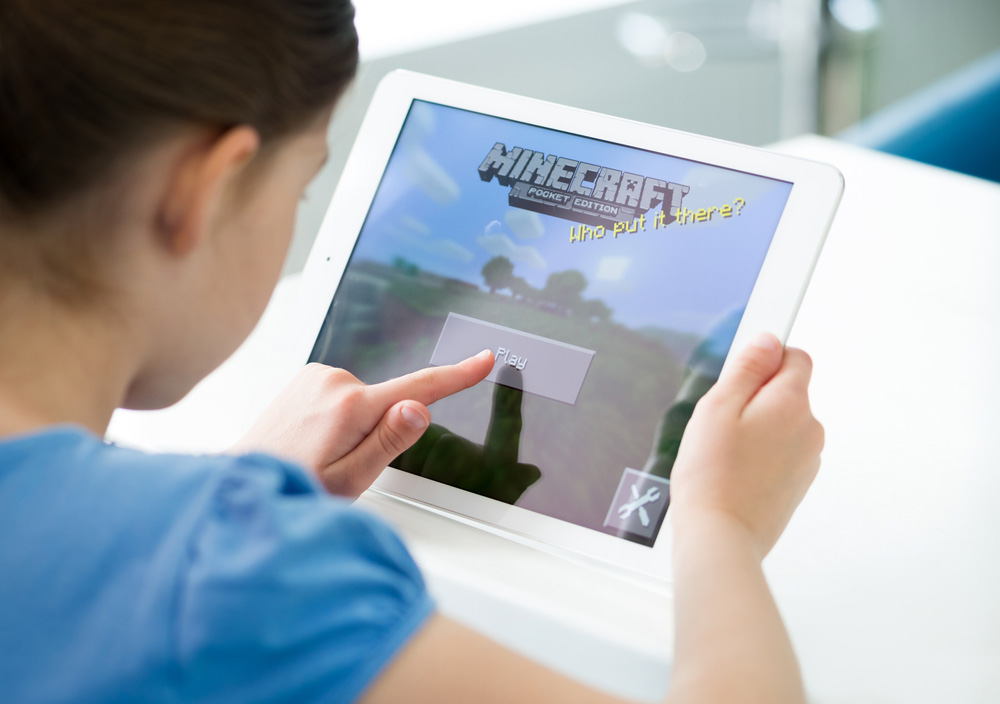Reasons Educational Video Games For Kids Offer Cognitive Benefits

Video games have come a long way since their early years, and many now serve an educational purpose. As the digital age progresses, the ways in which children learn and develop continue to diversify. Among these novel methodologies, educational video games have proven to be an exciting and beneficial approach. Just as physical exercise strengthens kids’ muscles, educational video games provide a workout for the mind, creating a stimulating environment that enhances cognitive performance. This article will delve into the benefits of educational video games, particularly focusing on how they foster better cognitive development in children.
One example of a game offering both entertainment and learning opportunities is Minecraft, a popular game that allows players to build and explore virtual worlds. The game’s open-ended structure encourages creativity, problem-solving, and spatial reasoning skills. The benefits of Minecraft can be further enhanced through the use of modifications, or Minecraft mods which offer additional gameplay features or changes to the game’s environment. Children can take a step further into the world of game development, creating their own mods, and thereby bolstering their coding and technical skills.
Now let’s delve deeper into how educational video games enhance cognitive abilities in children.
Boosting Cognitive Flexibility
Cognitive flexibility refers to the ability to switch between different tasks or adapt to new scenarios. Video games often require players to change strategies and tactics on the fly, exercising and enhancing this crucial cognitive skill. They offer a safe and engaging platform where kids can learn, make mistakes, and apply new strategies, fostering their adaptability and resilience.
Improving Problem-Solving Skills
Many educational games are designed around problem-solving and strategy, compelling players to think critically and make swift decisions. Children can apply these skills in their everyday life, leading to more efficient learning in academic settings.
Enhancing Memory and Concentration
The immersive nature of video games commands players’ attention and requires them to remember key details to progress. Consequently, regular gameplay can improve a child’s focus and memory skills.
Promoting Social and Emotional Learning
Contrary to popular belief, video games are not isolating. Many modern games are multiplayer, encouraging children to cooperate, communicate, and work as a team. They learn to understand and manage emotions, develop empathy, and cultivate social skills, all while enjoying the gaming experience.
Developing Creativity
Games like Minecraft promote creativity by providing a sandbox environment where children can create anything they can imagine. This freedom to create and experiment can help children express their ideas creatively and learn from trial and error.
Strengthening Motor Skills
Video games, even those played on a simple handheld device, can aid in developing fine motor skills and hand-eye coordination. These benefits can extend beyond the game, aiding in physical activities like sports.
Encouraging Learning in STEM
Lastly, many educational video games target specific subject areas, especially STEM (Science, Technology, Engineering, Mathematics). Games like Minecraft, with its modding aspect, can make these fields more approachable and enjoyable, potentially sparking a lifelong interest.
In conclusion, educational video games represent a fusion of fun and learning that can help children grow cognitively. With the right balance, these digital platforms offer an alternative, engaging way to enhance children’s mental agility, creativity, and more. As we move further into the digital age, embracing such beneficial tools will be key in nurturing the next generation of innovative thinkers and problem-solvers.

